A remarkable alliance: mafia votes in Chicago
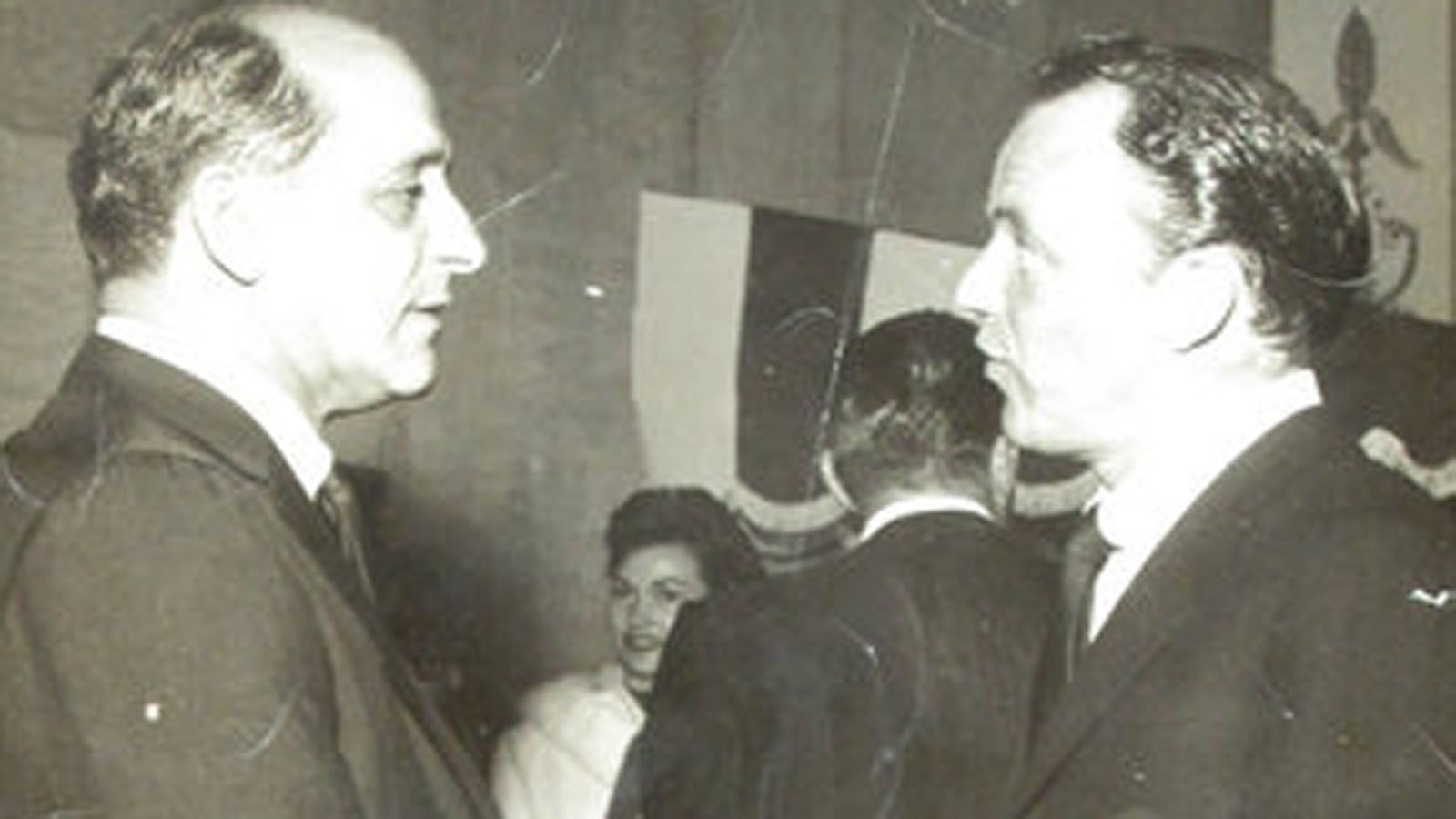
In April 2011, the fourth episode of the eight-part miniseries “The Kennedys” aired in Canada, featuring Greg Kinnear, Barry Pepper, Katie Holmes, and Tom Wilkinson in lead roles. Once again, it signaled that, fifty years after the fact, we have not forgotten the thirty-fifth President of the United States. Just a few weeks before its premiere on American television, the decision was made not to broadcast the series in the U.S., despite the substantial sums of money invested in its production. According to TV executives, this was due to the series containing historical inaccuracies, while critics believed that the Kennedy family exerted significant pressure to prevent its broadcast, fearing damage to their image. After airing in Canada, the digital American channel ReelzChannel eventually dared to show the series to the American public. The controversial series portrays the intimate life of the most prominent family in the U.S. against the backdrop of historical events, with, it must be said, some fictional elements here and there. Episode four, “Broken Promises and Deadly Obstacles,” partially explores the relationships between the Kennedy family and the American underworld. These segments of John F. Kennedy’s life are, by now, clearly not fabricated.
Episode four begins with father Joseph Kennedy’s visit to Chicago in 1960. While his son is busy campaigning for the White House, Joe meets family friend Frank Sinatra and his acquaintance, mafia boss Sam Giancana, at the Trocadero Tavern (pictured above: Giancana and Sinatra). The script heavily draws from Seymour Hersh’s “The Dark Side of Camelot” (1997), one of the most critical works on John F. Kennedy’s life. Giancana, understanding why Joe came all the way to Chicago, subtly points out the intelligence and experience of candidate Richard Nixon. Kennedy’s response is quick-witted: ‘Vice President Nixon and Eisenhower lost Cuba together. That cost you millions. That would never have happened under my son. This country has been good to us, Sam. We’ve become rich here. I want to give something back. I want to make John F. Kennedy president. He will make this country a better place for future generations.’ Giancana dismisses Kennedy, but after his departure, Sinatra intervenes with the remarkable request. ‘Listen, Sam. The Kennedys need Chicago, and you have the power here. Help Joe, and you will be left alone by the authorities in the coming years. Leave that to me.’
A few scenes later, after a time jump, we see the newly appointed Attorney General Robert F. Kennedy announcing his new division. A unit responsible for tackling organized crime. With FBI director J. Edgar Hoover behind him, Kennedy unequivocally states that it will no longer be tolerated for criminals to disrupt the lives of hardworking Americans through intimidation, corruption, and violence. ‘All these criminals must be prosecuted quickly,’ Kennedy concludes, ‘to ultimately make the U.S. a better and safer country again.’ A bewildered Frank Sinatra watches helplessly from behind his television set. In the next scene, Giancana angrily calls from a phone booth to his singing friend: ‘If we actually have trouble with the new president, a big problem will arise. Tell that to Joe Kennedy.’
Sinatra does indeed visit father Kennedy in his office in Boston not long after. ‘Our friends have become nervous since Bobby’s speech,’ he tells Joe. ‘Giancana is angry. He helped your son become president, and now he’s being chased by his government, while I promised Sam that the ministry would look the other way if the mafia helped your son to the White House.’ Joe reacts angrily: ‘You made that promise, not me. This is your problem. Have a good evening, Francis.’ Joe Kennedy tries to salvage the situation in the miniseries by asking his son Robert if he really wants to go after the big fish, but the Attorney General makes it clear that he’s after the major mob bosses. The media picks up on the hunt massively, and in a phone call, Sinatra informs Joe that Giancana is furious. ‘He’s threatening everyone, Joe. You, the president, the Attorney General. He’s gone mad, capable of anything.’ Joe responds coolly: ‘From now on, you have nothing to do with us. I hereby sever all ties between you and our family.’ Concerned, he then contacts a former FBI agent, but even he cannot help: ‘Let it go. Your sons can handle themselves.’
The episode nears its end as we see J. Edgar Hoover in conversation with Robert F. Kennedy. The latter is asked to listen to recordings of a phone call between mob bosses Giancana and Roselli. According to the scriptwriter, the young Kennedys now learn for the first time about their father’s involvement in the election campaign and the mafia’s influence on the election day in November 1960. Joseph P. Kennedy is summoned to the Oval Office at the White House by his sons and kindly asked to stay completely aloof in the future. Joe’s role is played out. Not much later, as we know, he suffered a stroke that paralyzed him and made speech impossible. The once powerful Kennedy became a needy, pitiable man in a matter of months.
This passage from the miniseries undoubtedly contains several accuracies. Sinatra’s connections with the underworld were later extensively described by investigative journalist Anthony Summers and confirmed by Sinatra’s youngest daughter, Tina. In her book “My Father’s Daughter,” she wrote: ‘Joe and Giancana met regularly during that time, on golf courses, in hotels, and in other neutral places.’ Secondly, in early 1960, father Joseph Kennedy did indeed ask his acquaintance Sinatra to subtly seek the help of the mafia, including in Chicago and West Virginia. In Illinois, the state where Chicago is located, with 27 of the 537 electoral votes, the situation was still open. Joe needed help. Ultimately, Kennedy won with a narrow margin of 9,400 votes, while in the city of Chicago, he had an overwhelming majority of 456,312 votes. The Republicans smelled trouble but couldn’t prove anything. And finally, during those years, Giancana did indeed have significant influence in Chicago. He controlled all over a hundred major unions in the city and could mobilize workers to vote for Kennedy.
For the old Kennedy, it was certainly not the first time he had contact with the underworld. As early as 1927, Joe was involved in the transport of illegal whiskey shipped from Ireland to Boston via the Atlantic Ocean. Mobsters Luciano and Lansky organized the smuggling operation, but Kennedy was one of the main financiers. When the ship was hijacked, with all the workers on board murdered, Kennedy lost a fortune and faced many widows demanding financial compensation. Lansky later said: ‘From that moment, Kennedy probably didn’t like me so much. He developed a certain hostility towards the mafia. I think he passed that resentment on to his sons, the reason Bobby was so fixated on that witch hunt against the mafia.’ Author John H. Davis wrote: ‘Given five more years, and the Kennedys probably would have eradicated organized crime. No wonder the mafia had to do something to prevent that. Especially considering how cheated they felt after helping JFK get votes.’
In part due to the votes this remarkable arrangement brought, Kennedy eventually became president. His victory was so marginal that without these ‘mafia votes,’ JFK would certainly have lost to his competitor Nixon. That Robert F. Kennedy, in particular, worked so hard for the prosecution of criminals was noble but not very smart given the history. Imprudent and perhaps ultimately even deadly.
Links:
Good article on the collaboration of the CIA and the mafia
On the sleepover of Kennedy at the house of Sinatra; until plans changed

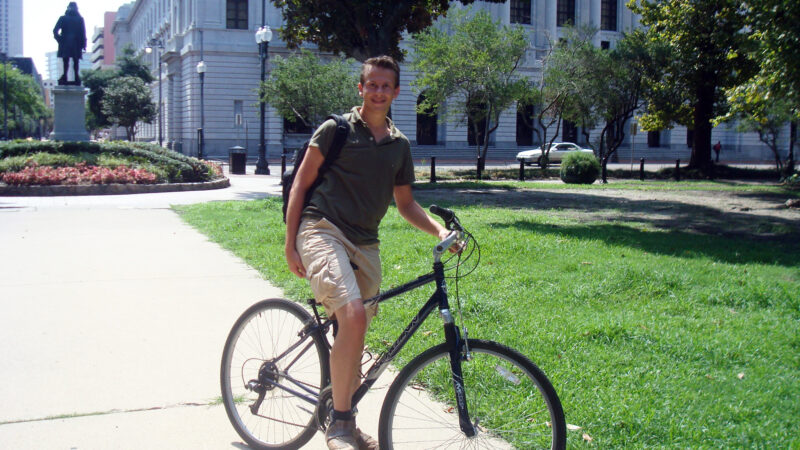
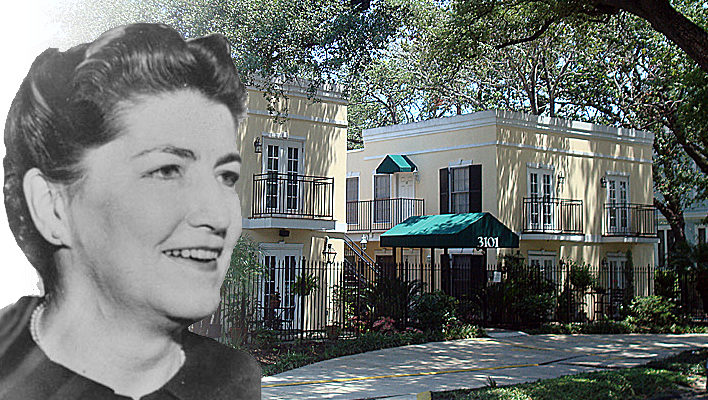
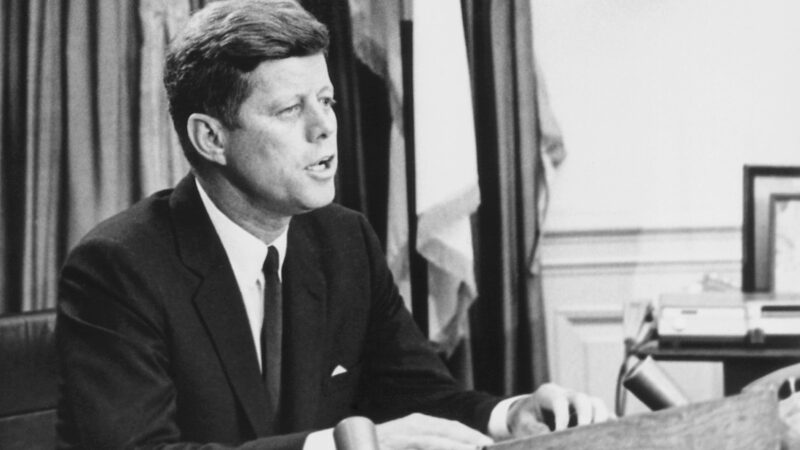
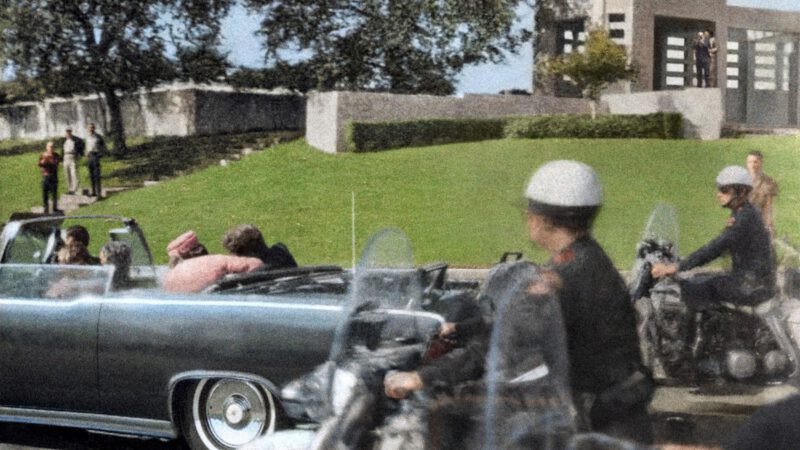
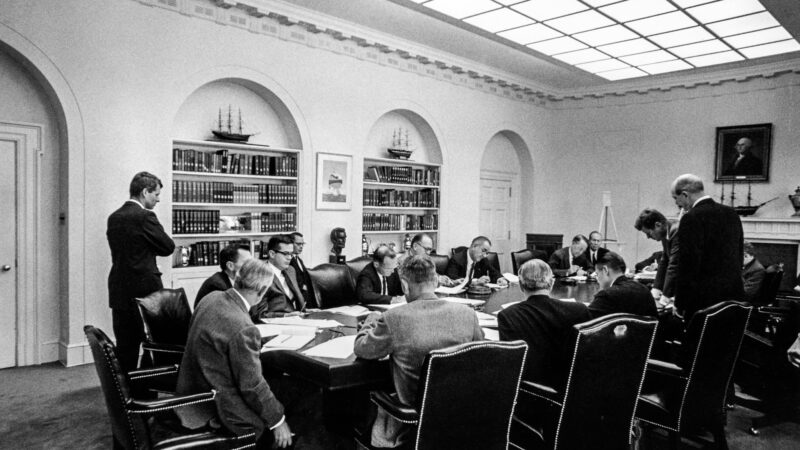
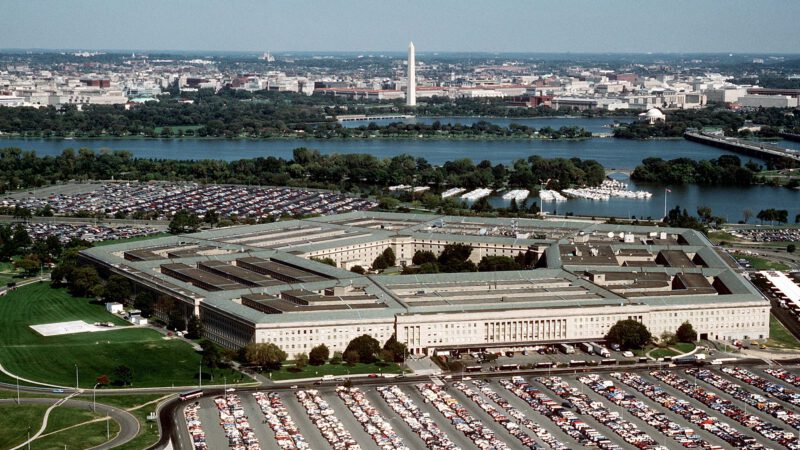
One thought on “A remarkable alliance: mafia votes in Chicago”